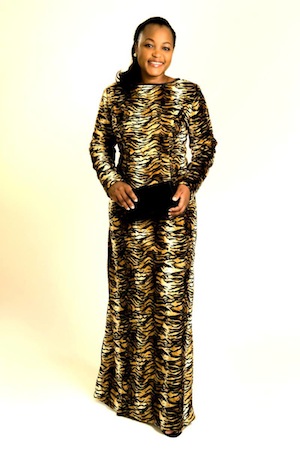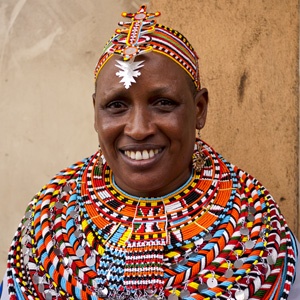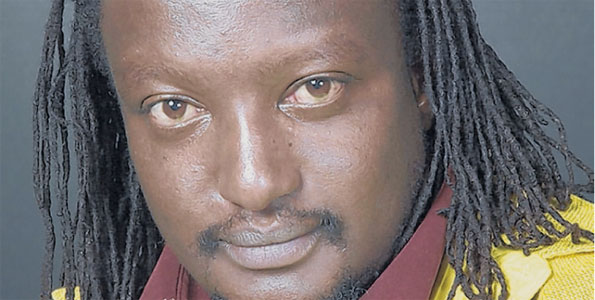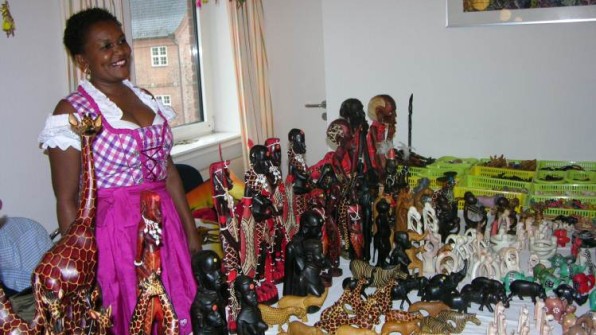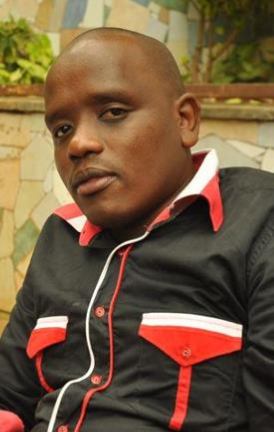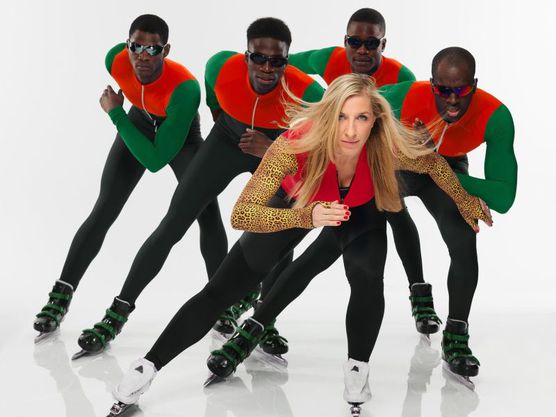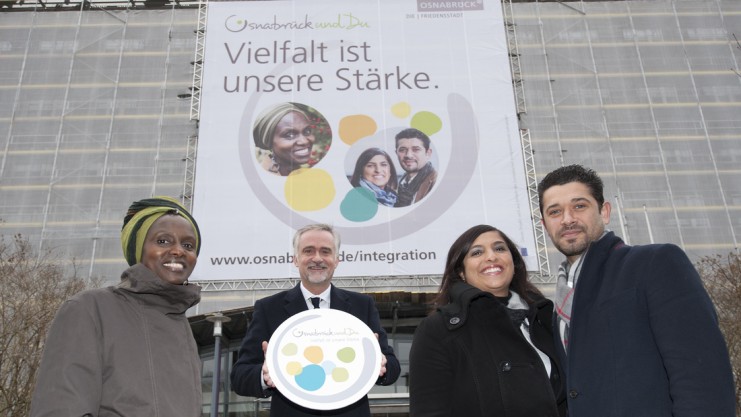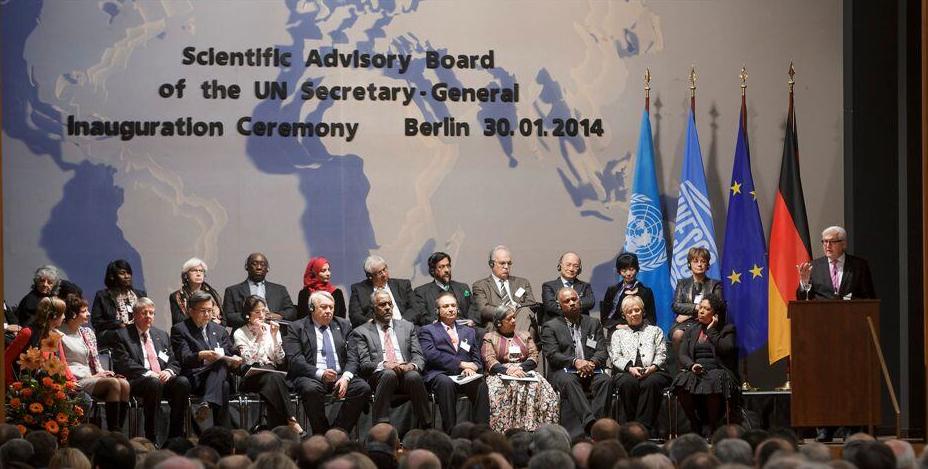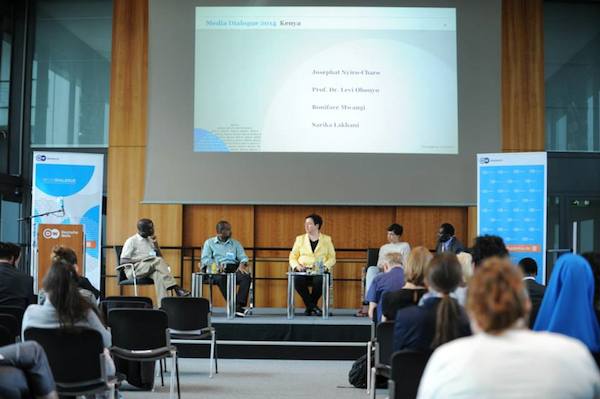
The Deutsche Welle together with the Bonn-Rhein-Sieg University of Applied Sciences organised the fifth Deutsche Welle Media Dialogue. The symposium aimed to evaluate the successes and challenges of Kenya’s media landscape.
The event was divided into two sessions which focused on: Media legislation and media ownership in Kenya and Journalistic standards and ethnic politicization in Kenyan media coverage.
What was interesting at this event was the fact that more than half of the expert invited to discuss this topic were actually Kenyan. It’s rare to find events discussing issues on Africa that actually involve Africans, so kudos to DW Akademie for that.
Some of the speakers at the event included:
- Josephat Nyiro-Charo,- Editor, Deutsche Welle, Bonn (Read: Naskia Sauti toka Shariani)
- Prof. Dr. Levi Obonyo,- Dean, School of Communication, Daystar University, Nairobi
- Boniface Mwangi, – Photo activist; Senior TED Fellow; Founder of Pawa 25
- Sarika Lakhani, – Producer, One Fine Day Films, Nairobi
- Almuth Schellpeper, – Lecturer, International Media Studies, DW Akademie
- Prof. Murej Mak’Ochieng, – Media Policy Research Centre, Kenya; Dean, Faculty of Media and Communication, Multi Media University College, Nairobi, Kenya
- Michelle Mulemi, – M.A. Candidate, Erasmus Mundus Journalism, Media and Globalization, Institute of Journalism and Communication Studies, University of Hamburg, Germany
- Henry Maina, – Director, ARTICLE 19 Eastern Africa; Lecturer; Communication Ethics, Multi Media University, Kenya; Lecturer; Investigative Journalism, Mount Kenya University, Kenya
- Rose Kimani, – Junior Fellow, PhD Student Media in Africa, Bayreuth University, Germany
- Prof. Murej Mak’Ochieng, – Media Policy Research Centre, Kenya; Dean, Faculty of Media and Communication, Multi Media University College, Nairobi, Kenya
Kenya Media, http://t.co/5tCMQkcQUM: @bonifacemwangi argues @UKenyatta on Twitter "is a PR gimmick", i.e. "opaque transparency". #MDKenya14
— Fred (@okothmudhai) May 21, 2014
Although the attendees agreed that Kenya has higher freedoms than other African countries when it comes to press freedom, there is a long way to go with the professionalism and self-censorship.
Self-censorship equivalent to peace journalism- insight by Victor Oluoch #MDKenya14
— Michelle Mercy (@michellemercy) May 21, 2014
There was a discussion on dialogue between the masses and the leaders as well as how the media reported on some of the happenings in the country. Also discussed was the struggle between commercial interests and news delivery.
“Kenya’s media is controlled by commercial interests, and profit-driven media organizations are a major challenge,” Dr. Levi criticised.
Prof. Mak’Ochieng’ noted that although there was more dialogue within the country on political discourse, there was less political engagement from the masses. People are talking but nothing much is being done.
Dr. Mudhai pointed out the so called “PR-Journalism”, where politicians were called in for interviews and instead of an objective discussion on what they would deliver after election, most were simply given a chance to “advertise” themselves on air.
A photo of Dr. @okothmudhai presentation slide show that touches on what he refers as PR journalism #MDKenya14 pic.twitter.com/hRxiQIv4HR
— #BMUnBounded (@bonifacemwangi) May 21, 2014

